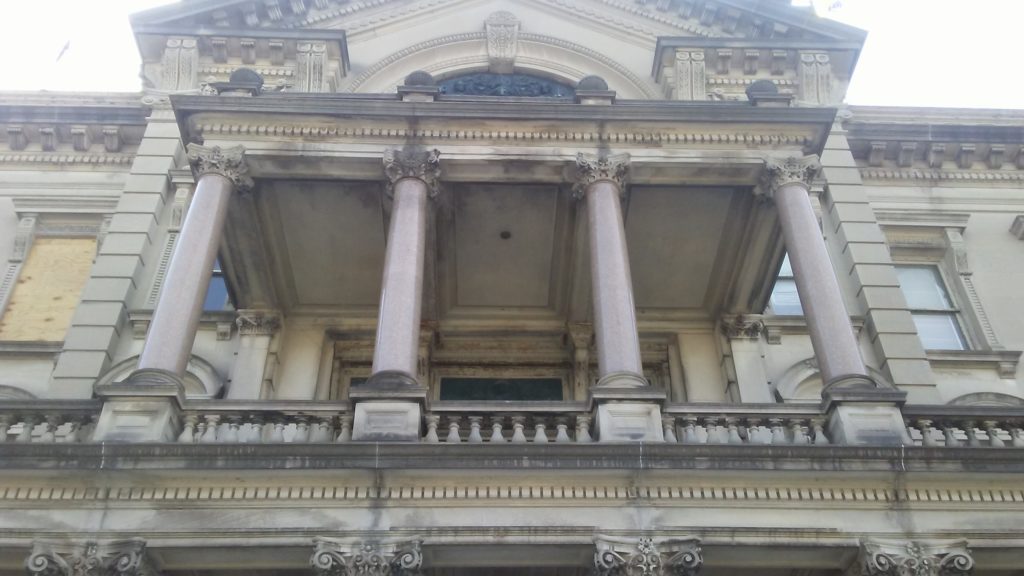Six Months After COVID-19 Struck, ELEC Continues to Do its Job

Since early spring, the New Jersey Election Law Enforcement Commission (ELEC) has functioned remotely, and, given the extreme circumstances, successfully.
With little advance notice, the Commission assembled a plan last March to enable staff to work from home while still providing essential services to the public.
Thus far, the plan has worked well.
Operating in the virtual realm, the Commission has carried out its mission of disclosure. Other New Jersey public agencies presumably have fulfilled their responsibilities as well.
Despite the relative effectiveness of these efforts, it is difficult to envision the Commission or most other government agencies permanently operating with little or no face-to-face contact with the public.
Government is about the public’s business.
It is hard to imagine the common good being entrusted long term to a government kept apart from the very constituents it was created to serve.
Ideally, government and the people should be like a happy marriage. A partnership that is close and supportive, not distant and aloof.
A virtual government totally isolated from its citizens isn’t good for society.
The Covid-19 pandemic has necessitated extraordinary measures intended to protect the public from the ravages of the virus. As the incidence of cases decrease and the controls are relaxed, hopefully government, along with society at large, will open up again.
In the meantime, the Commission will continue to apply its contingency plan for delivering important services to the public.
Candidates, committees, and lobbyists, as well as public contractors have been filing electronically, allowing the people timely, online access to reports.
Legal and Investigative functions have continued apace, with legal having proposed regulations to adopt new limits for the Gubernatorial Public Financing Program, thresholds for gubernatorial and non-gubernatorial candidates and mandated electronic filing.
A public hearing, which under current circumstances will probably be held virtually, is planned for the Commission’s October meeting. The Commission has been meeting and conducting its business online since April.
The pandemic has not stopped ELEC from continuing to publish a steady stream of analytical press releases, newsletters and other publications such as these columns and white paper research reports. These publications have kept policy makers, the news media and public abreast of political fund-raising efforts and trends, particularly how it has been affected by the virus.
The agency also has summarized activity by lobbyists and contractors in 2019, released a detailed analysis of the record-breaking 2017 legislative election, and soon will be unveiling a long-term analysis of activity by PACs.
While the staff has been able to fully carry out the functions of the Commission remotely, very importantly Compliance staff has continued to respond to phone calls from the public, dispensing guidance for the filing community. Unfortunately, in-person training seminars needed to be cancelled. However, training has been conducted through its webinar training program.
Thomas Jefferson believed that government works best that is closest to the people. Even the brilliant, inventive mind of Jefferson could not have imagined the today’s technological capabilities that have been maintaining a high level of productivity despite the virus. Even if he did, however, I am sure Jefferson would not want an all-virtual government.
Even before the virus arrived, ELEC and other government agencies were doing far more things online compared to ten or 15 years ago. Gone are the days when candidates lined up to file their reports by hand.
Efiling of reports, webinars and the ability to download documents straight from the agency’s website are among the time-saving conveniences ELEC now provides electronically in this hurried world.
But once the virus is defeated, government hopefully will return to a more normal balance that allows more face-to-face interactions with the public.
If serving the public is the real purpose of government, the best form of service often is in-person. The Election Law Enforcement Commission is looking forward to resuming in-person training seminars, in-person assistance in its public room, and non-virtual, in-person Commission meetings.
Hopefully, this will happen as soon as the pandemic abates.
Jeff Brindle is the Executive Director of the New Jersey Election Law Enforcement Commission. The opinions presented here are his own and not necessarily those of the Commission.











Leave a Reply